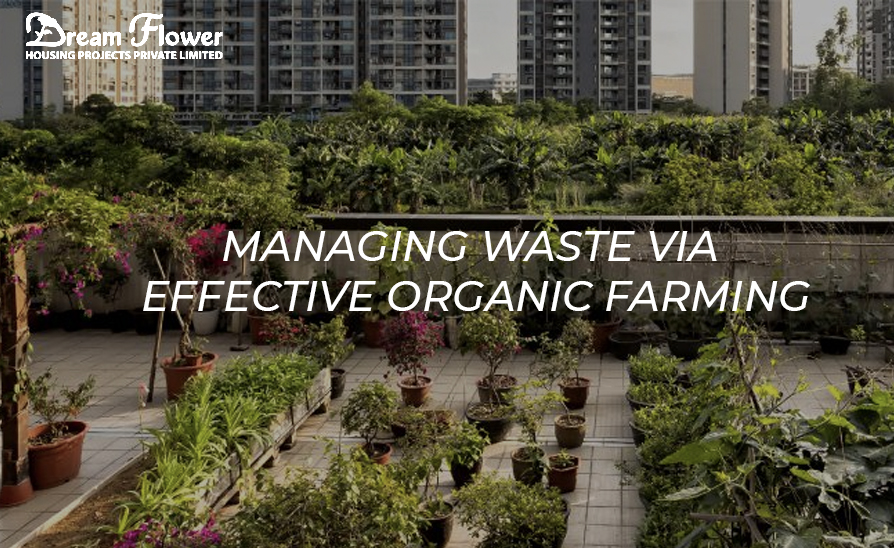Organic farming and manuring system practices are far-reaching and oblige the development of socially, ecologically, and economically sustainable food production systems. Organic waste is those types of garbage or refuses that are consisting of living organisms and are naturally compostable. These consist of kitchen waste such as food remnants, rotten fruit and vegetables, and their peels/cores/skins, rotten meat, expired foods, and beverages, etc. Other examples of organic waste are garden garbage such as roots, dead plants, dead vermin, and insects. These organic wastes however can be dealt with effectively and efficiently through the procedure of green waste composting on a large scale.
Sewage treatment
Sewage treatment is a type of wastewater treatment that intends to eliminate pollutants from the sewage to create an effluent that is appropriate for release to the adjacent surroundings or a proposed reuse application, preventing water pollution from raw sewage releases. Sewage includes wastewater from households and businesses and probably pre-treated industrial wastewater. Normally, everyday sewers are liable for treating this sewage in sewage treatment plants.
Manure system
By using the technique of organic waste composting, it is easy to recycle food remnants and garden waste into products for your farming and gardening requirements. It is extensively used at homes because manuring does not necessitate sizeable-sized piles or rigid techniques and requires minimal attention. On top of that, this technique can also be utilized even when you don’t have a huge backyard; you just an old bin or a container, and all your waste are ready for recycling.
Organic farming also sustains biological diversity and lowers the environmental pollution of water, air, and soil. With an appropriate combination of water and soil nutrients, the crop yields can be boosted manifold under irrigated agriculture.
Recycling of organic waste
The recycling of organic wastes for the preservation of soil quality and enhanced crop productivity is of economic importance. Composting is a microbiological, non-polluting, and secure procedure for the clearance and recycling of organic wastes by bioconversion to fertilizers. The process of disposal of these organic wastes is specific to the type of waste. Human food waste can be converted into fertilizers after several composting treatments.
Dream Flower Builders give preference to environment friendly surroundings and thereby ensuring a healthy climate for the residents. Dream Flower Builders promote natural terrace gardening in each apartment and encourage making natural fertilizers through the bioconversion of wastes. Several associations have joined hands to put into practices various effective waste management systems. Various club members in the apartments have taken effective measures for the proper disposal of these organic wastes and converted them to use manure for plants.
The association committee authorities would build responsiveness amongst the members and staff about the Segregation of waste. The association has also undertaken proper measures include keeping separate dust bins for storing dry and wet garbage, installing a fully automatic composting machine, a separate area to discard plastic bottles, tetra packs & e-waste, and disposing of wet waste out of the home daily.

